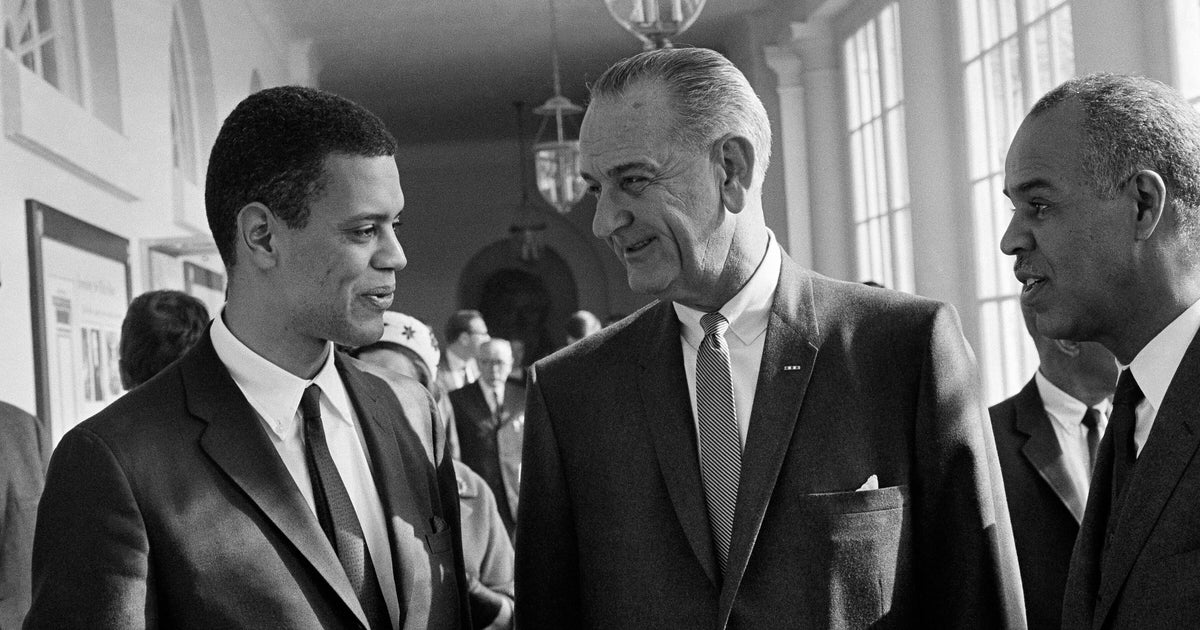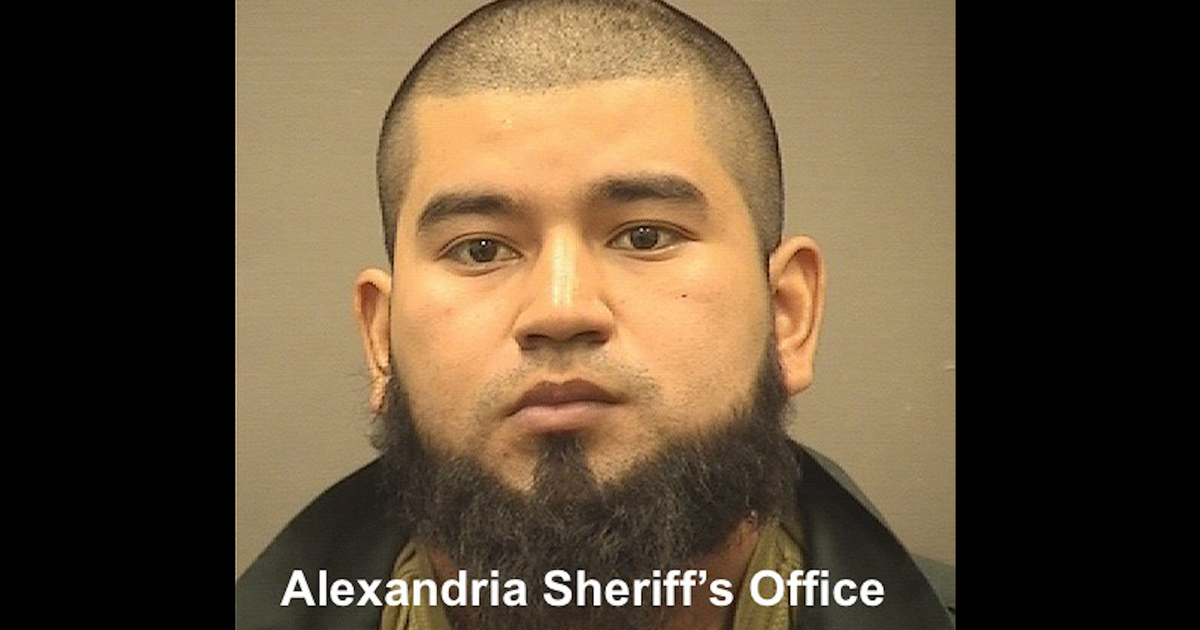Washington — A federal judge on Wednesday sharply criticized the Justice Department over an executive order signed by President Trump that aims to punish the law firm Perkins Coie and appeared sympathetic to the firm’s bid to permanently block the administration from enforcing it.
U.S. District Judge Beryl Howell is considering Perkins Coie’s request that she find the executive order issued by Mr. Trump in March unlawful and permanently stop its implementation. The Justice Department has asked Howell to dismiss the case outright.
“This is exactly the kind of conduct the Constitution forbids,” Dane Butswinkas, who is representing Perkins Coie, told the judge during a hearing at the federal district court in Washington, D.C.
He warned that “silence and fear are the playbook of authoritarianism.”
Mr. Trump’s executive order targeting Perkins Coie and the firm’s lawsuit challenging it have exposed a split among the legal community sparked by a series of measures directing his administration to impose sanctions on a total of five major firms. Three of those — Jenner & Block, Wilmer Cutler Pickering Hale, and Susman Godfrey — have separately joined Perkins Coie in fighting the executive orders in federal court as violations of the First, Fifth and Sixth Amendments.
A federal judge in Washington, D.C., on Wednesday is considering WilmerHale’s request to permanently block enforcement of Mr. Trump’s directive targeting it. Portions of the four orders have already been temporarily halted by judges while the proceedings move forward.
But nine other firms have reached agreements with the White House seemingly to avoid being hit with executive orders. The deals, announced by Mr. Trump on social media, include commitments to provide between $40 million and $125 million in pro bono legal work.
During the hearing before Howell, the judge suggested that Mr. Trump’s executive order and subsequent actions taken by the administration related to the order may have been in response to Perkins Coie “not bending the knee,” and at one point characterized the deals made with other firms as a “shakedown.” She cited the revocation of one executive order, focusing on the firm Paul Weiss, after the firm committed $40 million in legal work to causes backed by Mr. Trump.
Howell’s questions largely centered on provisions of the Perkins Coie executive order that call for a suspension of security clearances held by its employees and target the firm’s hiring practices.
During an exchange about the security clearances, Howell asked whether that punishment was meant to impede Perkins Coie lawyers’ ability to fulfill their obligations to clients, particularly in cases where they need to have security clearances.
“You can’t do that as well, certainly, if they’ve been suspended, would you agree with that?” Howell asked.
When Richard Lawson, a Justice Department lawyer, said that provision was not designed to punish the firm, she shot back, “the purpose was not to force Perkins to come to its knees” and pledge to provide free legal work? White House deputy chief of staff Stephen Miller said earlier this month that the administration was closing in on $1 billion worth of pro bono services from law firms, and Mr. Trump has suggested putting those commitments toward negotiating trade deals.
Perkins Coie said in a filing that 24 of its lawyers and business professionals hold security clearances, including 12 who were granted them because of their former military or other public service backgrounds. Two of the 24 hold clearances in connection with their duties as military reservists, which are unrelated to their work at the firm.
“That may harm their ability to do their military jobs,” Howell said of a suspension of the clearances. “How is that in the national interest?”
She read from a declaration filed by William Leonard, who oversaw security clearances in roles at the Defense Department and was “classification czar” in President George W. Bush’s administration. Leonard agreed to testify as an expert witness, and warned in the filing that the Trump administration’s blanket suspension of clearances held by Perkins Coie employees was reminiscent of programs from the 1950s, including during the Red Scare.
Howell questioned whether there were parallels between the Trump administration’s actions and those taken during the Red Scare and the McCarthy era.
The judge also questioned why the president directed the Equal Employment Opportunity Commission to review Perkins Coie’s hiring practices. She said the administration treats diversity, inclusion and equity as “dirty words.”
“I find it quite jarring and puzzling,” she told Lawson.
The Justice Department lawyer said the administration believes the firm is evaluating job candidates based on race, sex and ethnicity, and excludes lawyers from meetings or conference panels based on those characteristics.
Howell at another point in the hearing chastised top administration officials for a memo sent to federal agencies informing them of the temporary restraining order she issued last month, which blocked enforcement of some of the executive order’s provisions.
The memo from Attorney General Pam Bondi and Office of Management and Budget Director Russ Vought included a sentence that stated the executive branch believes the executive order is “permissible, and that the court’s order was erroneous.”
“It struck me as a bit of a temper tantrum by the Department of Justice and the OMB,” she said.
Howell said Bondi and Vought did not have to include that language in order to show compliance with her temporary order.
That conduct, she said, “was worthy of a three-year old, not the Department of Justice and the OMB.”
Mr. Trump’s executive order said Perkins Coie was being targeted because of its representation of Hillary Clinton in the 2016 presidential election and its hiring of a research firm that retained former British spy Christopher Steele, who produced the infamous “Steele Dossier.”
The other directives targeting other law firms have also focused on lawyers whom Mr. Trump views as his enemies, including former special counsel Robert Mueller and prosecutor Andrew Weissmann, or their involvement in legal challenges to the president’s second-term policies.




